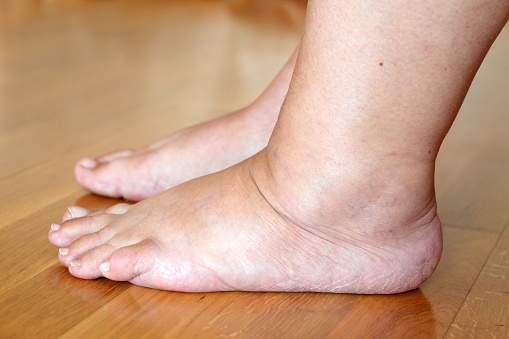Edema and Lymphatic Drainage Therapy
Edema is the medical term for swelling caused by fluid trapped in your body’s tissues. Edema happens most often in your feet, ankles and legs, but can affect other parts of your body, such as your face, hands and abdomen.
Edema can affect anyone, but the condition most often affects people who are pregnant and adults who are 65 years or older.
Edema will cause parts of your body to increase in size (swell), which might prevent you from completing your daily tasks. Simple lifestyle changes like elevating the swollen part of your body or moving around if you were sitting or standing for a long period of time can reduce swelling and help you feel better. Sometimes edema is a symptom of an underlying health condition, so contact your healthcare provider if you experience symptoms of edema.
Most edema resolves itself naturally. However, some people experience chronic edema, which occurs when the body is unable to restore fluid balance, and it persists for more than three months. Edema that persists for more than three months is considered lymphedema.
While edema can be a general term for acute swelling in the body, lymphedema is a chronic and severe condition that involves significant long-term edema fluid buildup. When someone has lymphedema, their lymphatic system is chronically overloaded and/or experiencing advanced dysfunction that becomes irreversible.
If you are experiencing edema, ask your medical doctor if Lymphatic Drainage Therapy could be beneficial for you. This manual therapy technique has been proven to be effective in reducing swelling and inflammation in the body, especially if the cause of the edema is temporary in nature, or due to a recent surgery or procedure (cosmetic or orthopedic).
If you are experiencing edema, please check out our indications and contraindications for Lymphatic Drainage Therapy prior to scheduling your appointment.

